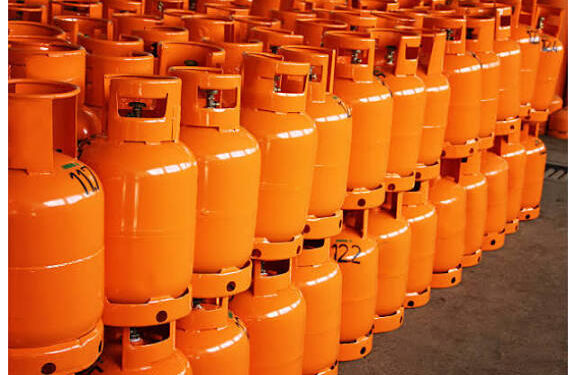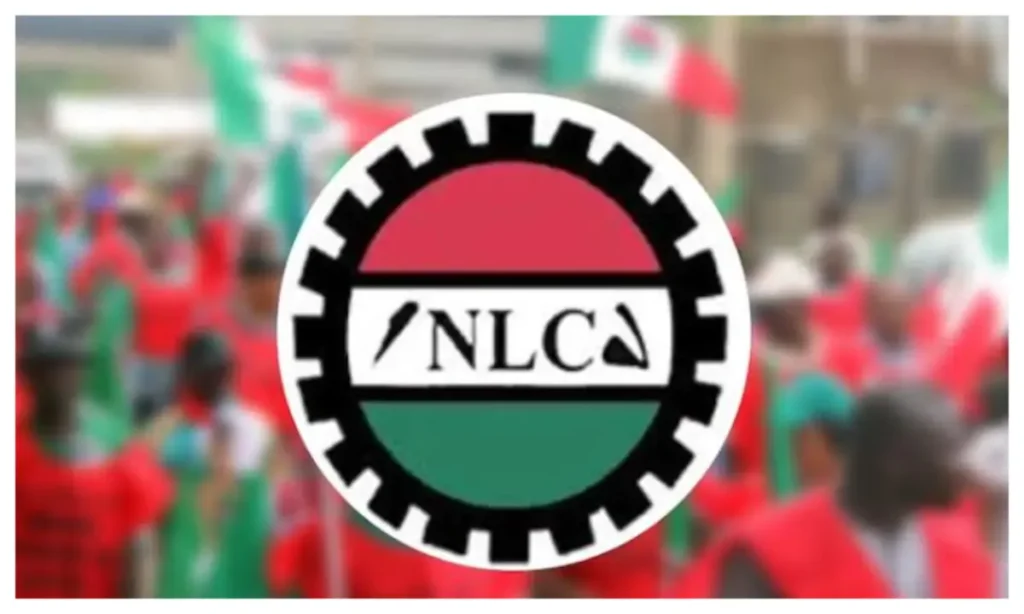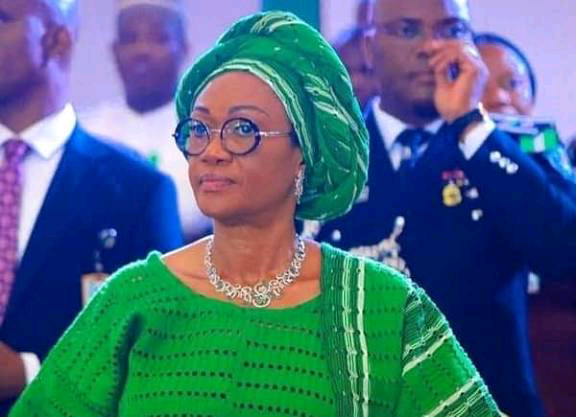FG Targets Moving 5 Million Households to Clean Cooking System By 2030

The Federal Government has announced its commitment to transitioning approximately five million households to clean cooking solutions by the year 2030.
Ekperikpe Ekpo, the Minister of State for Petroleum Resources (Gas), made this announcement during his ministerial address on Monday at the opening ceremony of the 48th Nigeria Annual International Conference & Exhibition (NAICE) 2025.
This year’s conference carries the theme ‘Building a Sustainable Energy Future: Leveraging Technology, Supply Chain, Human Resources, and Policy.’
The minister emphasized that achieving this goal necessitates substantial investment in gas infrastructure, focusing on pivotal projects such as the OB3 and AKK pipelines, which aim to deliver gas nationwide. The strategy includes advocating for modular and scalable gas initiatives, encompassing mini-LNG and CNG stations.
He further stated that the government is intensifying efforts to enhance last-mile access, invigorate local economic activities, and foster job creation through strategic public-private partnerships within the construction, logistics, and retail sectors of the gas value chain.
“His Excellency, President Bola Ahmed Tinubu, GCFR, has positioned gas at the core of Nigeria’s energy agenda. His vision, encapsulated in the phrase ‘From Gas to Prosperity,’ embodies our national ambition to harness our abundant natural gas resources for industrialization, job creation, and broadened access to clean and affordable energy for all Nigerians.
“In the past year, we have embarked on decisive actions aligned with this vision. We have amplified gas supply for industrial purposes, prioritizing gas availability for manufacturing hubs, power generation, and industrial corridors. As of now, I am assured that every gas offtaker receives the necessary gas for their industrial operations; launched the LPG Penetration Programme, distributing cylinders across the six geopolitical zones and empowering women and youth, thereby promoting clean cooking.
“Under the Decade of Gas Initiative, significant progress has been made in unlocking value across the midstream and downstream sectors.
“Notably, we have facilitated the development of gas processing facilities and virtual pipeline systems, ensuring gas reaches off-grid and underserved communities. We have supported private sector investments in LPG and CNG infrastructure, including autogas stations, domestic cylinder manufacturing, and distribution networks. Furthermore, we have strengthened coordination through the Decade of Gas Secretariat, enhancing alignment and accountability across Ministries, Departments, and Agencies. We have advanced the Nigerian Gas Flare Commercialisation Programme (NGFCP), transforming waste into wealth while supporting environmental objectives, and secured presidential approvals to address legacy debts, incentivizing upstream gas supply and stabilizing the domestic market,” he stated.
He also mentioned the federal government’s release of crucial financial support to project promoters through the Midstream Downstream Gas Infrastructure Fund (MDGIF).
“All these efforts are anchored on a singular, unwavering belief: Nigeria’s gas should benefit Nigerians, not merely as an export commodity, but as a cornerstone for inclusive growth, national development, and energy security.”
Addressing the four pillars highlighted in the conference theme—technology, supply chain, human resources, and policy—the Minister underscored their significance in shaping Nigeria’s energy future.
Regarding technology, he noted the importance of adopting digital solutions, automation, and data-driven tools throughout the gas value chain.
“From reservoir monitoring to distribution analytics, emerging technologies can enhance efficiency, reduce emissions, and optimize delivery. The Ministry continues to collaborate with industry players to foster digital innovation,” he stated.
He explained that a robust local supply chain is crucial for sustaining the gas economy.
“Through the Nigerian Content Development and Monitoring Board (NCDMB), we are promoting localization of equipment manufacturing, pipe production, and other critical components to diminish import dependency and build national resilience.
“Our human capital remains our most valuable asset. We are committed to cultivating a technically proficient, diverse, and future-ready workforce through ongoing training, strategic academic-industry partnerships, and intentional youth and gender inclusion policies within the gas sector.
“The Petroleum Industry Act (PIA) has established a solid regulatory and fiscal foundation. We are implementing market-reflective gas pricing frameworks, encouraging deepwater gas development, and enforcing domestic supply obligations to bolster investor confidence and sector expansion,” he noted.
Lopkobiri emphasized that Nigeria’s journey toward a sustainable energy future is one of collaboration.
“Government alone cannot realize this vision. We require the insights of professionals like you, the enterprise of our private sector, the innovation of our youth, and the support of our global partners,” he said.








